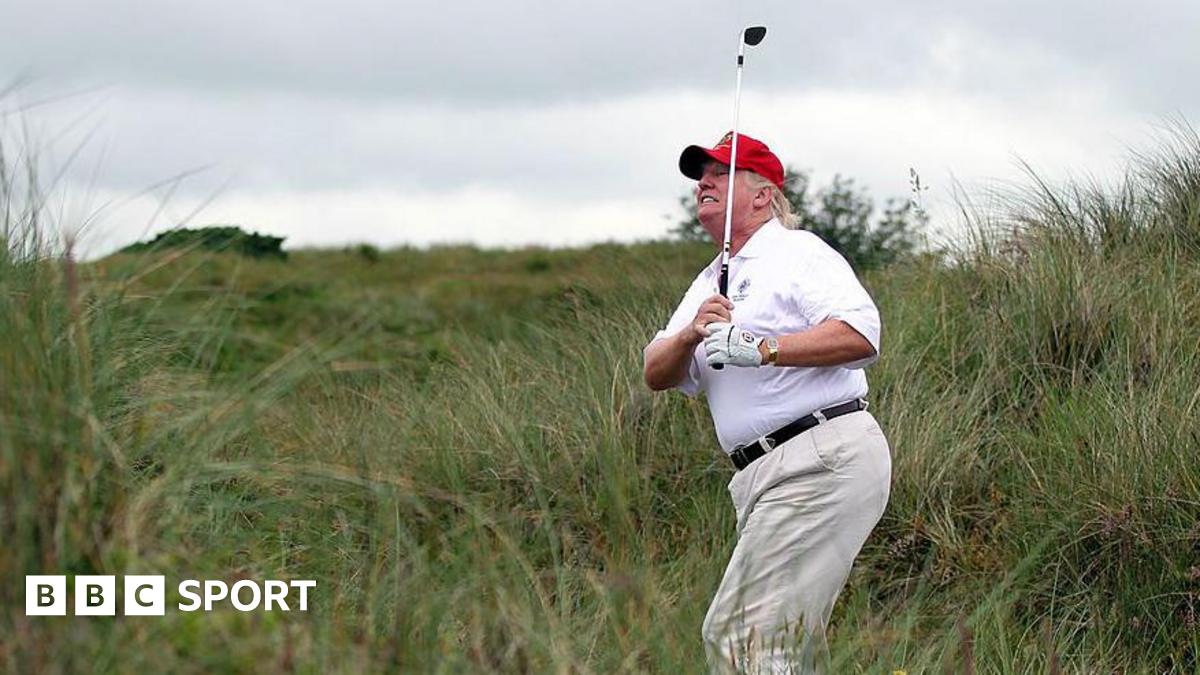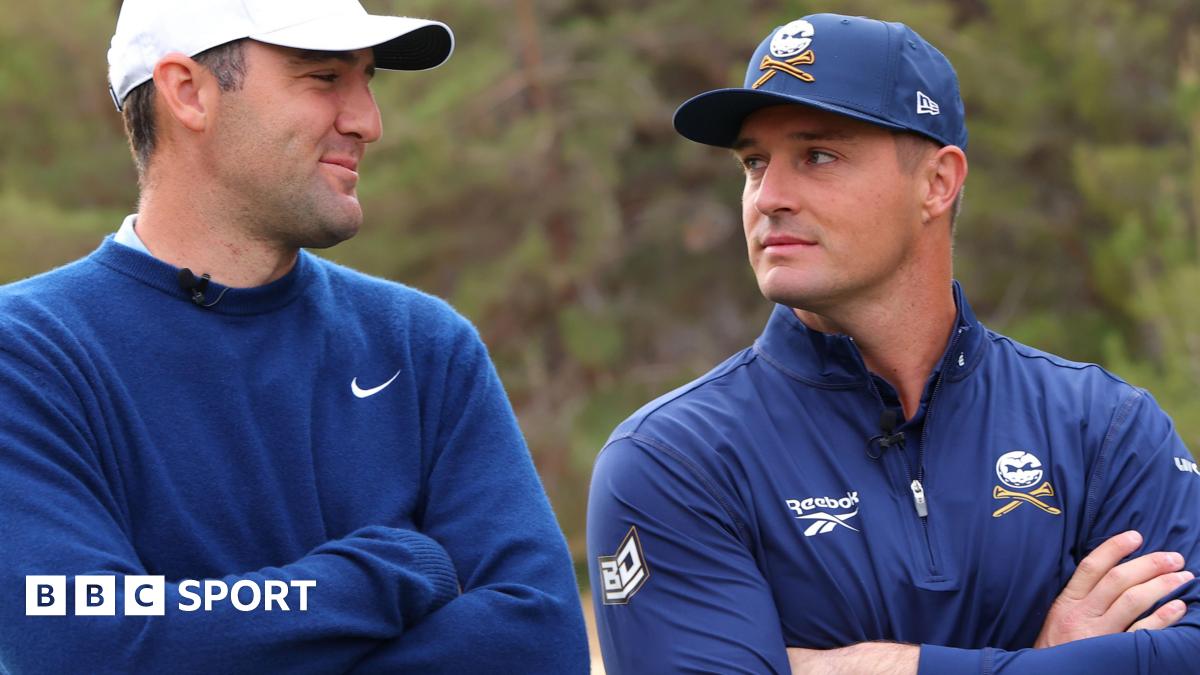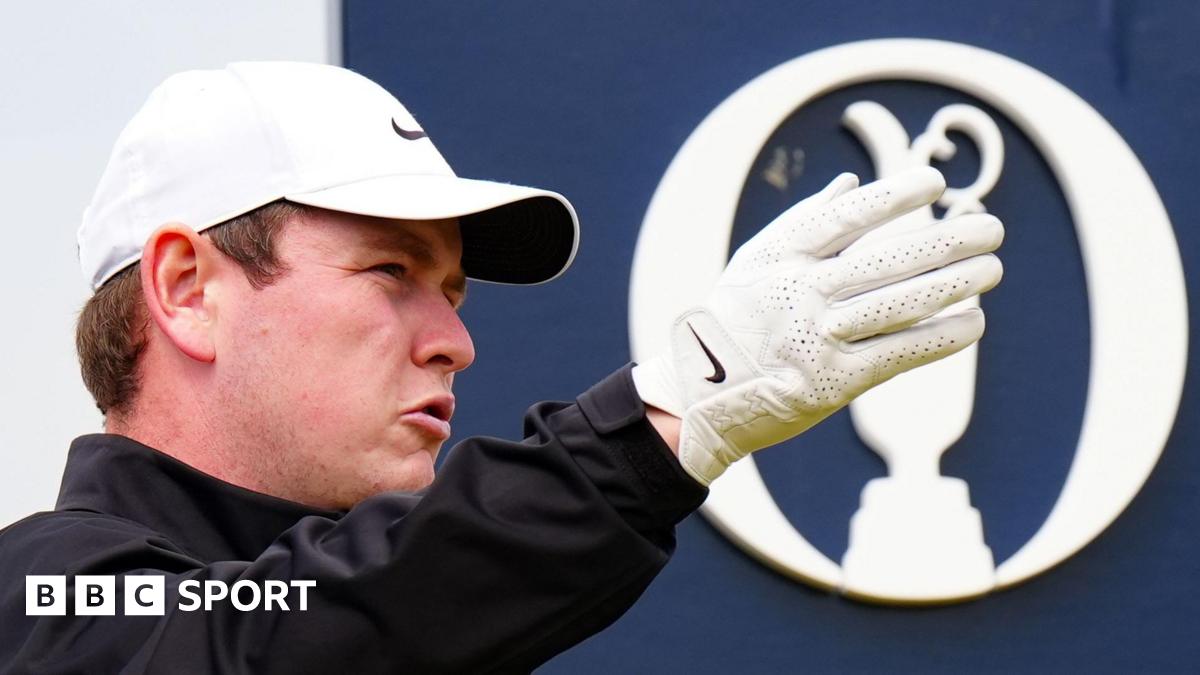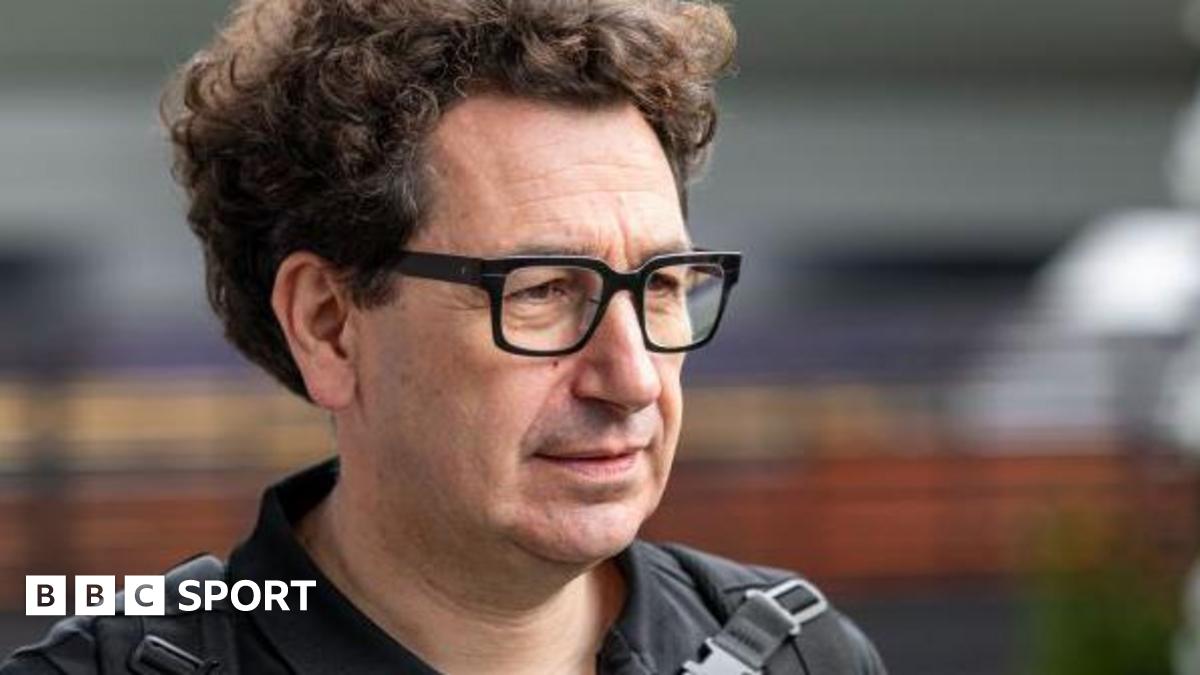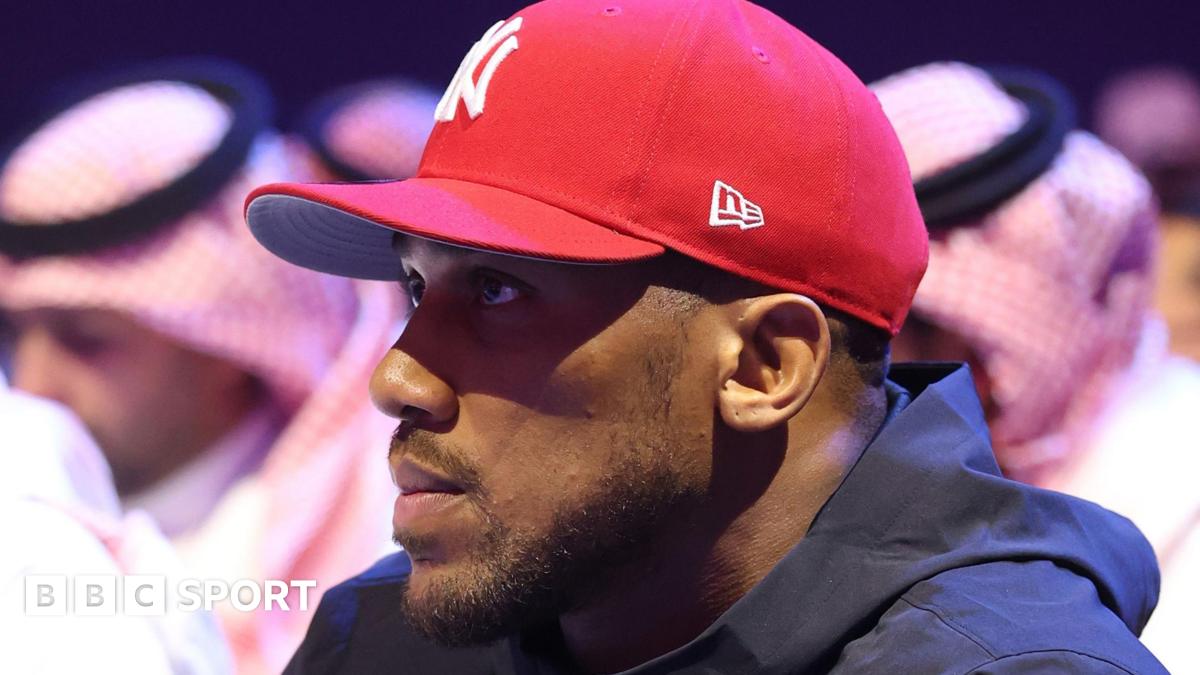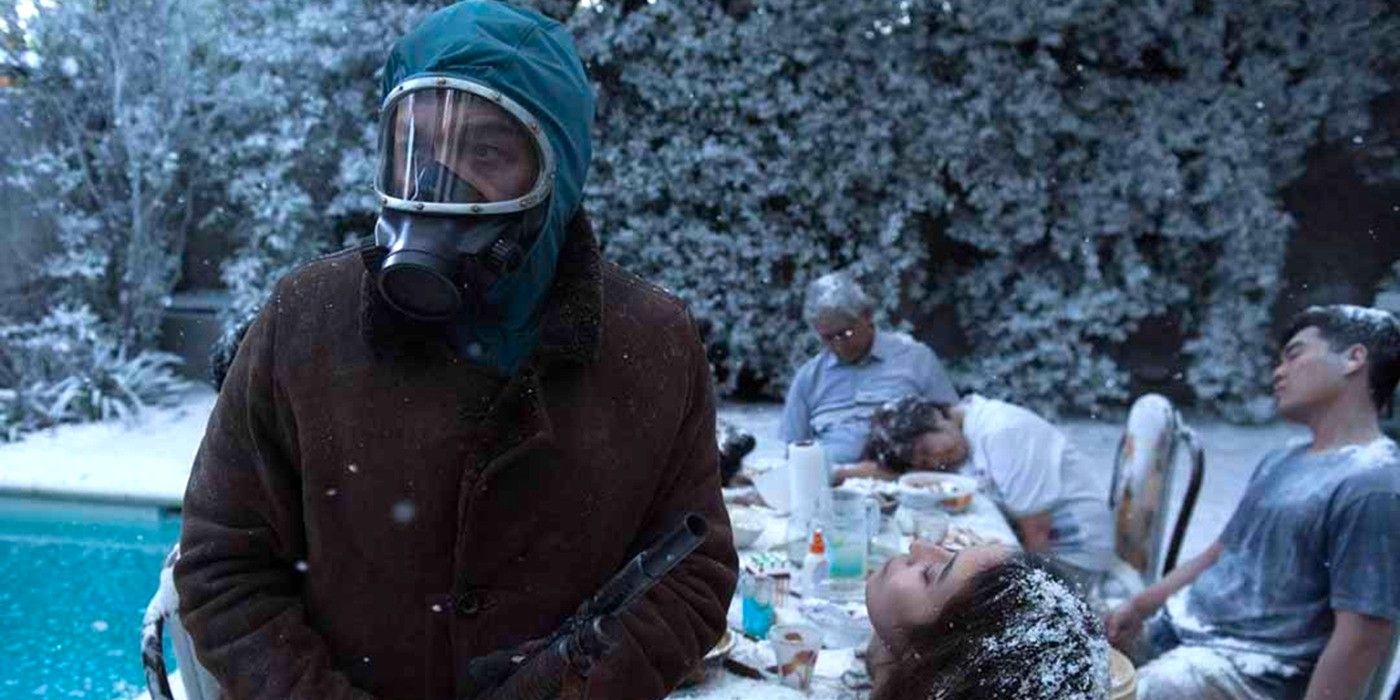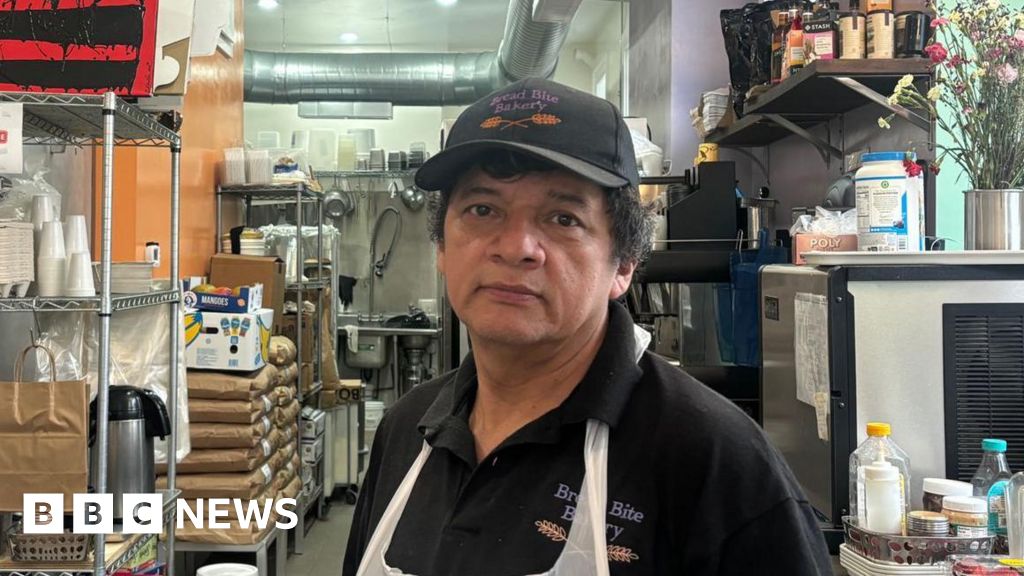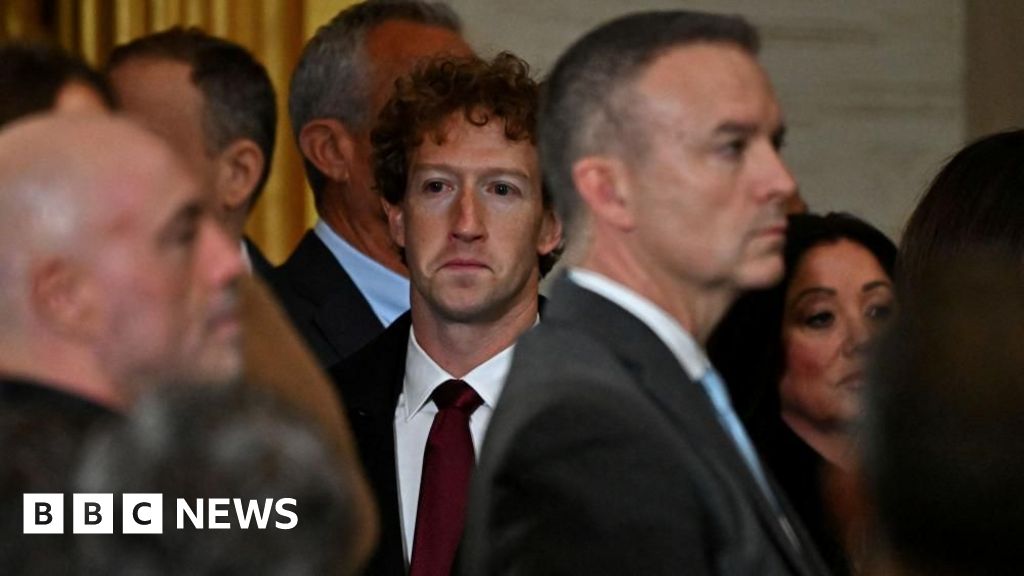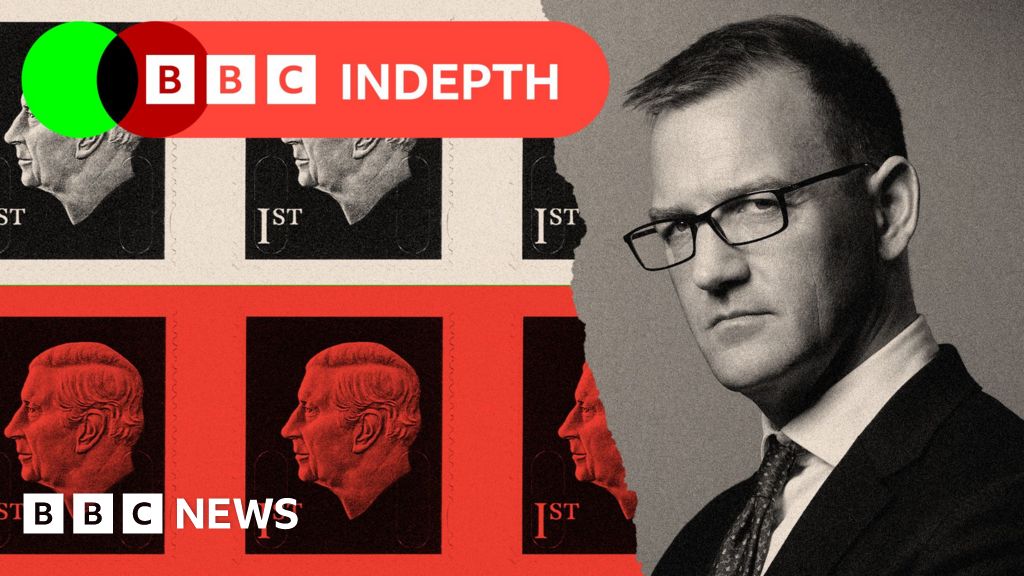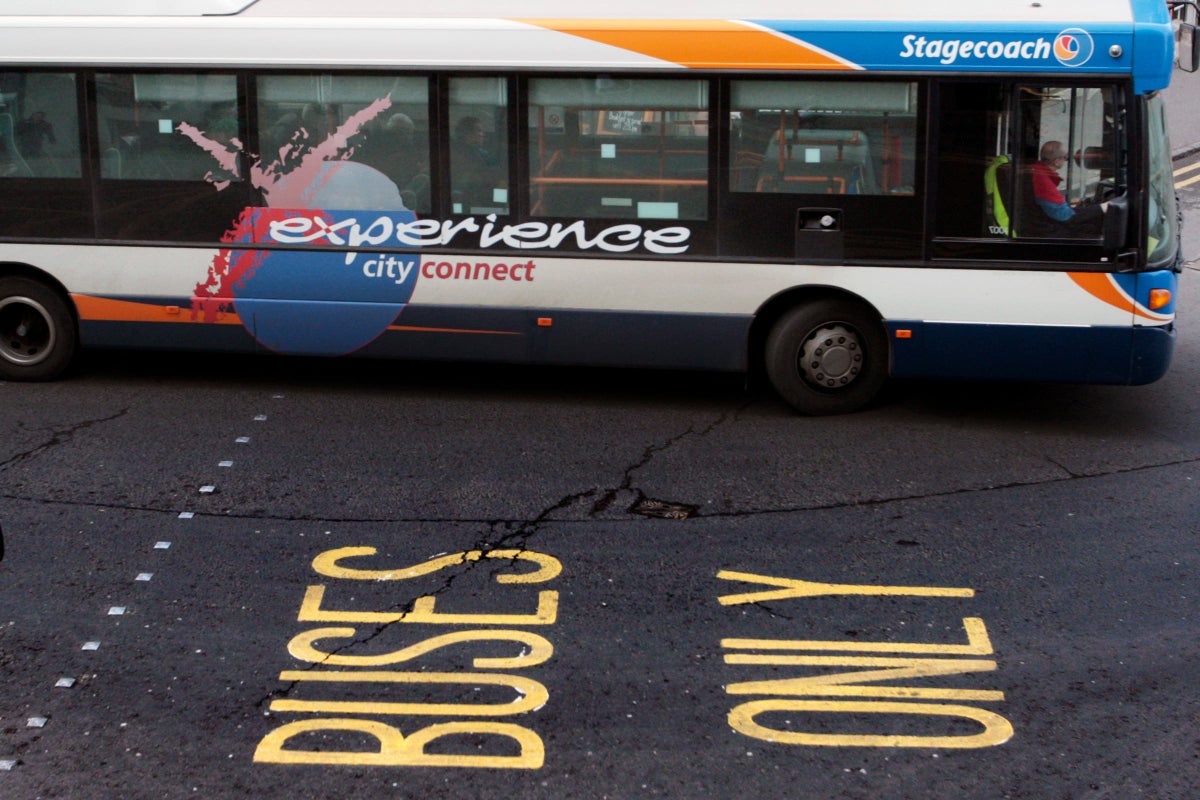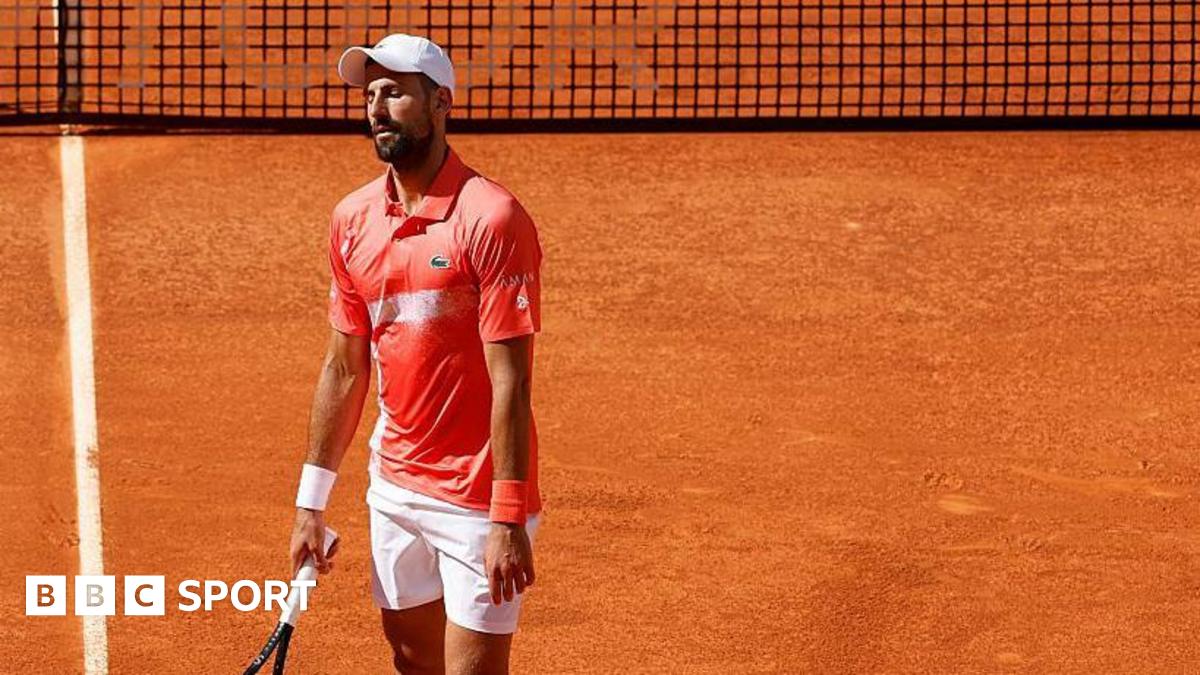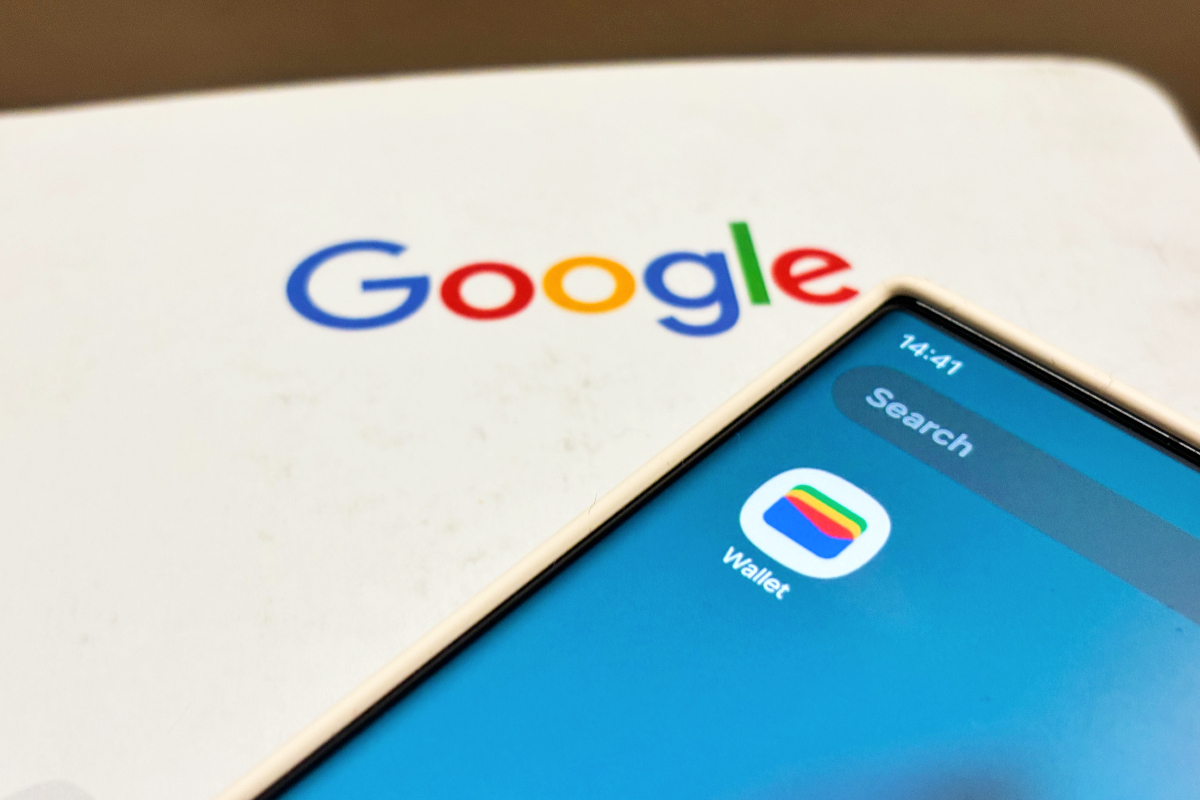Let’s stop calling them ‘soft skills.’ They’re the hardest ones to master
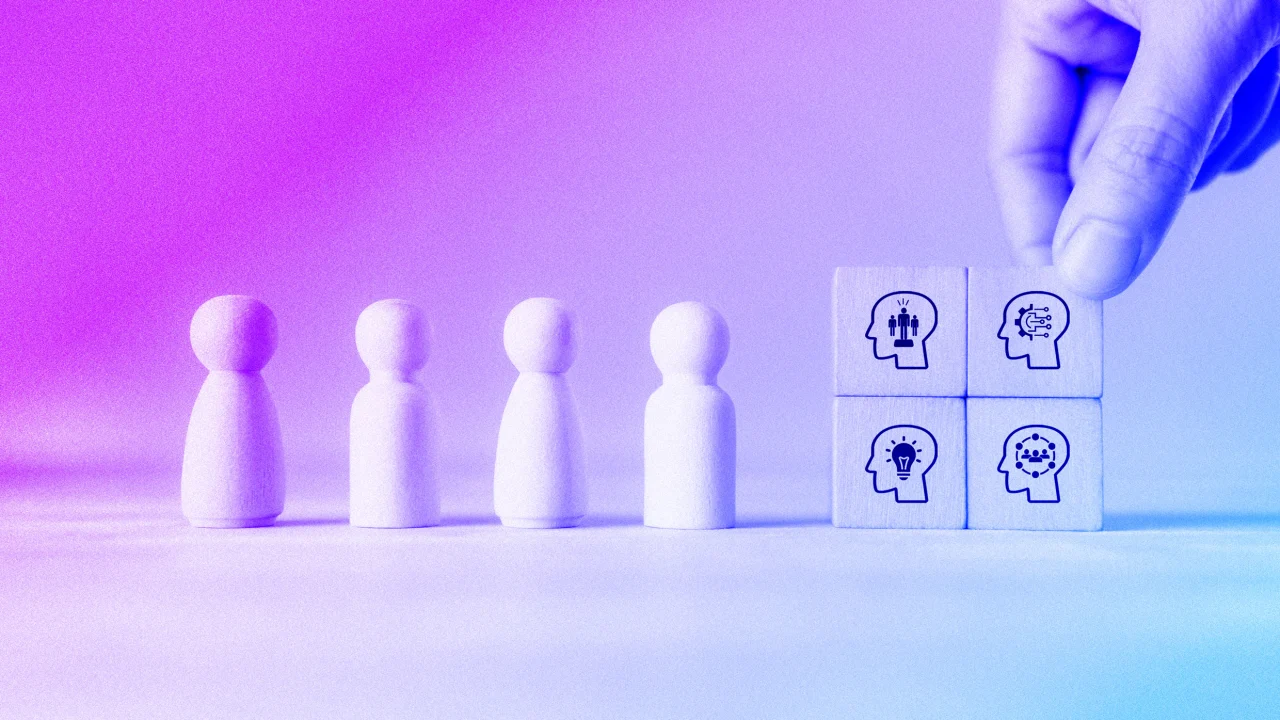
At a recent academic conference, I noticed a familiar unease ripple through conversations about “soft skills.” Many participants winced at the term. They recognized the inadequacy of the term, yet struggled to agree on a better alternative. People floated around suggestions like “human skills,” “essential skills,” or “power skills,” but none seemed to stick.
This persistent terminology problem reflects a deeper tension in our educational system. There’s a long-standing bias that elevates “hard” technical competencies over the nuanced, deeply human capabilities that actually define long-term professional success.
Historically, hard skills emerged from the natural sciences—quantitative, measurable, and increasingly automatable. Soft skills, on the other hand, draw from the liberal arts, humanities, and social sciences. These disciplines help us understand human behavior, expression, and interaction. These qualities are notoriously difficult to quantify and even harder to teach.
In business analytics, the field I teach, technical fluency is the price of entry. But what propels careers isn’t just knowing which model to run. It’s being able to explain it to a client, manage a team under pressure, adapt when the data shifts, and negotiate conflicting priorities. The multiplier is the human element.
If we want students—and professionals—to thrive in the age of artificial intelligence, we need to stop treating soft skills like fluff. They’re complex, teachable, and foundational to success. And they need a better framework.
Reframing the spectrum of soft skills
The term “soft skills” has served as a catchall for too long. It flattens a vast range of human capabilities into a vague, undervalued category. Let’s unpack what it typically refers to:
- Character traits: These are innate or deeply ingrained qualities—curiosity, empathy, resilience, integrity. They are difficult to measure and even harder to teach, but they can be reinforced through self-awareness and mentorship.
- Behavioral habits: This includes punctuality, follow-through, and active listening. These are habits that form the scaffolding of daily effectiveness. Unlike traits, habits are trainable through repetition, reflection, and reinforcement.
- Teachable skills: Think negotiation, critical thinking, presentation, and conflict resolution. These are skills that we can structure, improve, and break down.
Contextual competencies
Some soft skills shift with the situation, like cross-cultural communication, executive presence, or stakeholder management. Mastering these skills requires knowledge, as well as adaptability and emotional intelligence.
This structure isn’t just an academic exercise. It provides a road map for how higher education can teach, assess, and elevate these skills with the rigor they deserve.
Why the liberal arts are more relevant than ever
This entire framework—traits, habits, teachable skills, and contextual competencies—rests on a liberal arts foundation. Yet many continue to undervalue liberal arts education in the race to produce technically skilled graduates.
That’s a mistake. The liberal arts cultivate intellectual agility, ethical reasoning, and cultural literacy. Rhetoric and composition shape communication. Philosophy and history sharpen critical thinking. Literature and anthropology nurture empathy and emotional intelligence. Ethics and moral philosophy develop character. These are not “extras”—they are essential human capabilities, which humans have forged across centuries of thought and reflection.
Even in the case of STEM education depends on these “soft” capacities for its practitioners to thrive in real-world scenarios. The traditional liberal arts saw this clearly. To build capable and thoughtful citizens, you need people who understand science and the humanities. The two disciplines complement one another.
The technology paradox
Enter artificial intelligence. As AI grows capable of executing routine cognitive tasks and even mimicking creative ones, the gap between human and machine narrows in some areas—but not in others.
AI can analyze data, but it can’t coach a team through a moral crisis. It can summarize a policy, but it can’t build consensus across ideologically opposed stakeholders. It can write a headline, but it can’t lead a classroom, negotiate a truce, or inspire trust.
The more technical our world becomes, the more vital our human capabilities become. The paradox of progress is that it puts a premium on precisely those soft skills many continue to dismiss.
Reclaiming the term
Perhaps the answer isn’t to replace the term “soft skills,” but reclaim it. Let’s reframe “soft” not as “easy” or “secondary,” but as “sophisticated,” “subtle,” and “distinctively human.” These are the skills that make teams functional, leaders inspiring, and organizations resilient. They’re not antithetical to technical skill, they’re actually the multiplier.
We do our students a disservice when we teach them how to code but not how to communicate, or how to calculate but not how to collaborate. We handicap their potential when we separate technical and human education into silos. And we shortchange society when we undervalue the disciplines that teach us how to be human together.
The future doesn’t belong to those who can merely execute technical tasks. It belongs to those who bring the full spectrum of human capability to our most complex challenges.
So yes, “soft” skills may be the hardest to master. But they’re also the ones that matter most.
What's Your Reaction?
 Like
0
Like
0
 Dislike
0
Dislike
0
 Love
0
Love
0
 Funny
0
Funny
0
 Angry
0
Angry
0
 Sad
0
Sad
0
 Wow
0
Wow
0

































